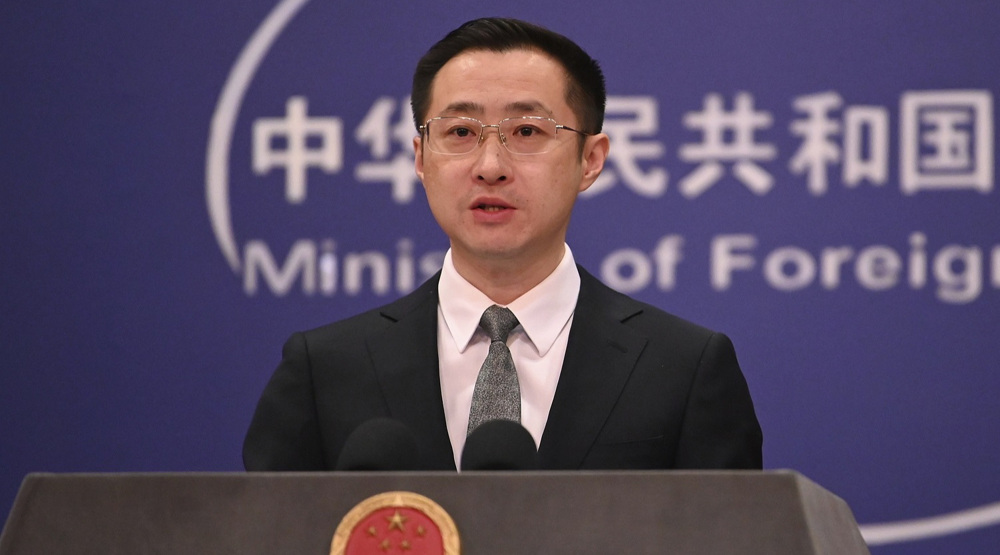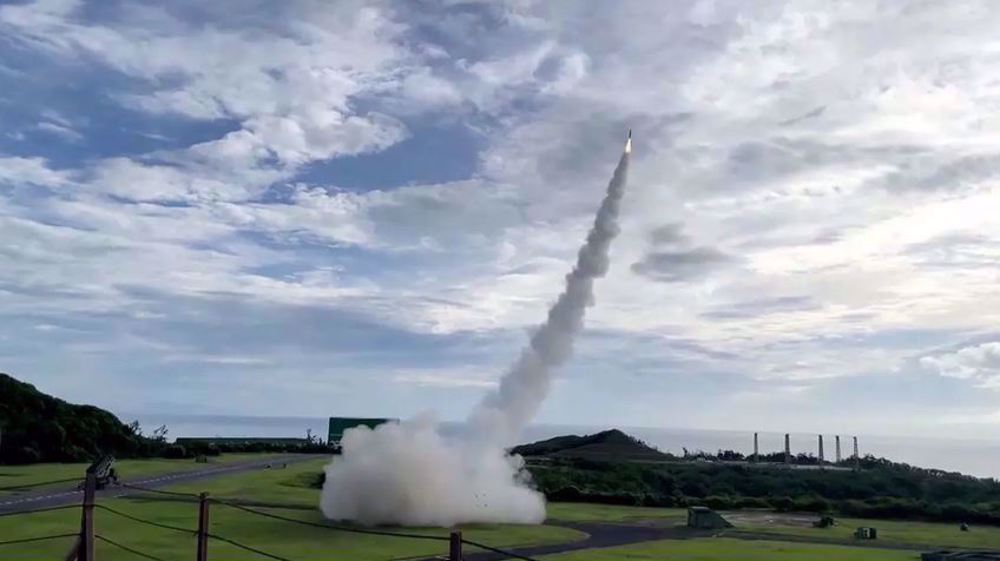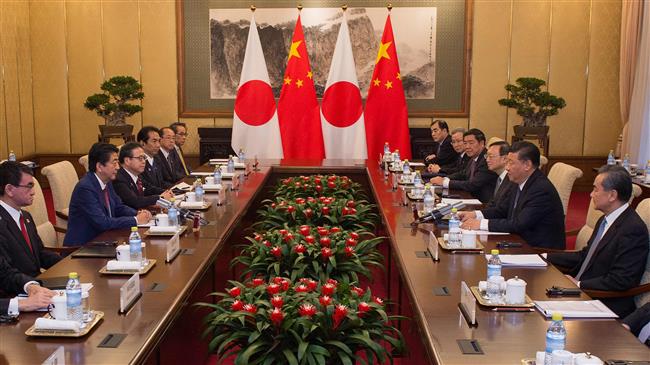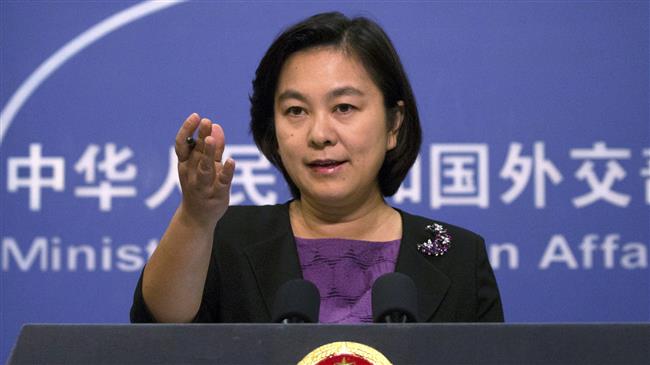Increasing number of Americans positive toward China: Poll
Most Americans do not consider China’s rise on the global stage as a threat to the Unites States, according to recent polls, which also found that an increasing number of young Americans have even more positive attitudes toward the Asian economic powerhouse.
According to a survey recently conducted by the Chicago Council on Global Affairs, half of the respondents consider China and the US as partners, while 49 percent see the second world power as a rival to America.
"Although Americans still see the US as the more influential country, there is a clear recognition of China's rise as a power," said the Chicago Council.
The poll also indicated that over the past 12 years, the gap between perceived US and Chinese influence has narrowed from 2.1 points in 2006 to 1 point in 2018, with China's influence rising from a mean of 6.4 (on a scale of 10) to a mean of 7.3 in 2008.
Another survey conducted by Pew Research Center showed that 72 percent of Americans believe China plays a more important role in global affairs than it did 10 years ago.
China, which has had a steady growth in global influence, is being seen as more respectful in the world than it was a decade ago, 43 percent of respondents said, while a majority says that respect for America has diminished over the same period.
Reacting to the findings, the Chinese Foreign Ministry said in a statement on Thursday that the data indicated American people's desire to have better relations with China.
The ministry spokeswoman Hua Chunying said that "most American people expect that China and the US have stable and healthy relations and hope to enhance exchanges and cooperation with China."
"We would like to enhance dialogue with the United States, strengthen mutual trust, deepen cooperation and handle differences appropriately, so as to push China-US relations forward on the right track. This is not only in the interests of the two countries, but also meets the expectations of the two peoples,” she added.
This is while US President Donald Trump, since taking office, has claimed that China’s rise as an exporting powerhouse has hurt US workers and manufacturing and has ordered tariffs on $250 billion in imports from China.
He has also criticized China’s huge trade surplus with the United States and has demanded that Beijing reduce it. Disagreement between the two powers, however, has deepened with both sides imposing tariffs on each other’s goods in recent months.
48-year-old Palestinian man serving 48 life terms completes 22 years in Israeli jails
From MKO to Tondar, how Germany became safe haven for anti-Iran terror groups
Hamas open to any proposal aiming to end Gaza war: Hamdan
Role of private sector in Iran’s thriving space industry
Four Palestinians killed in Israeli strikes on West Bank
Iran warns of ‘calculated, precise’ response to Israeli aggression
After year-long genocide, Israeli military hires private firms to flatten buildings in Gaza
Malaysia working on resolution to expel Israel from United Nations













 This makes it easy to access the Press TV website
This makes it easy to access the Press TV website